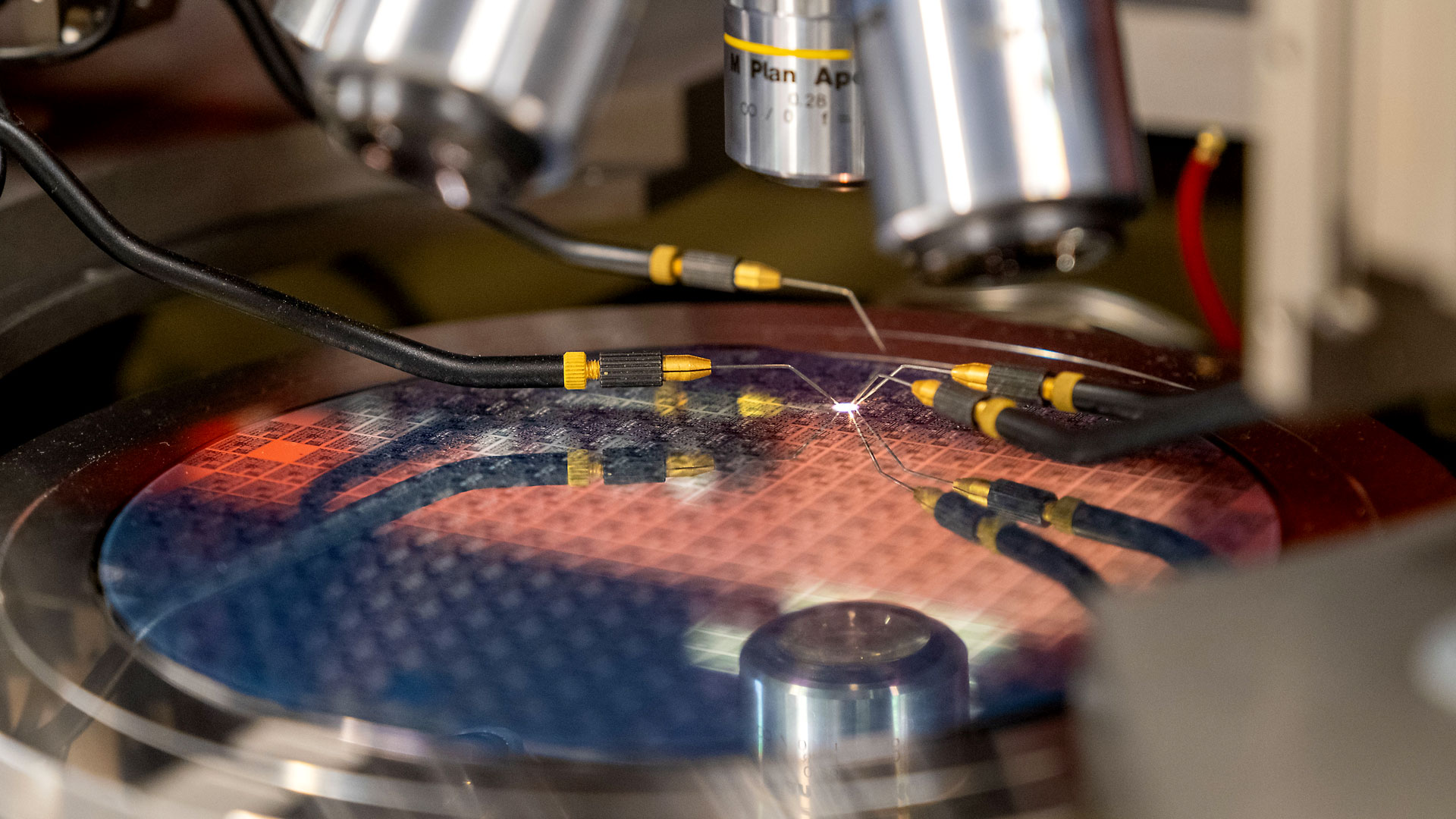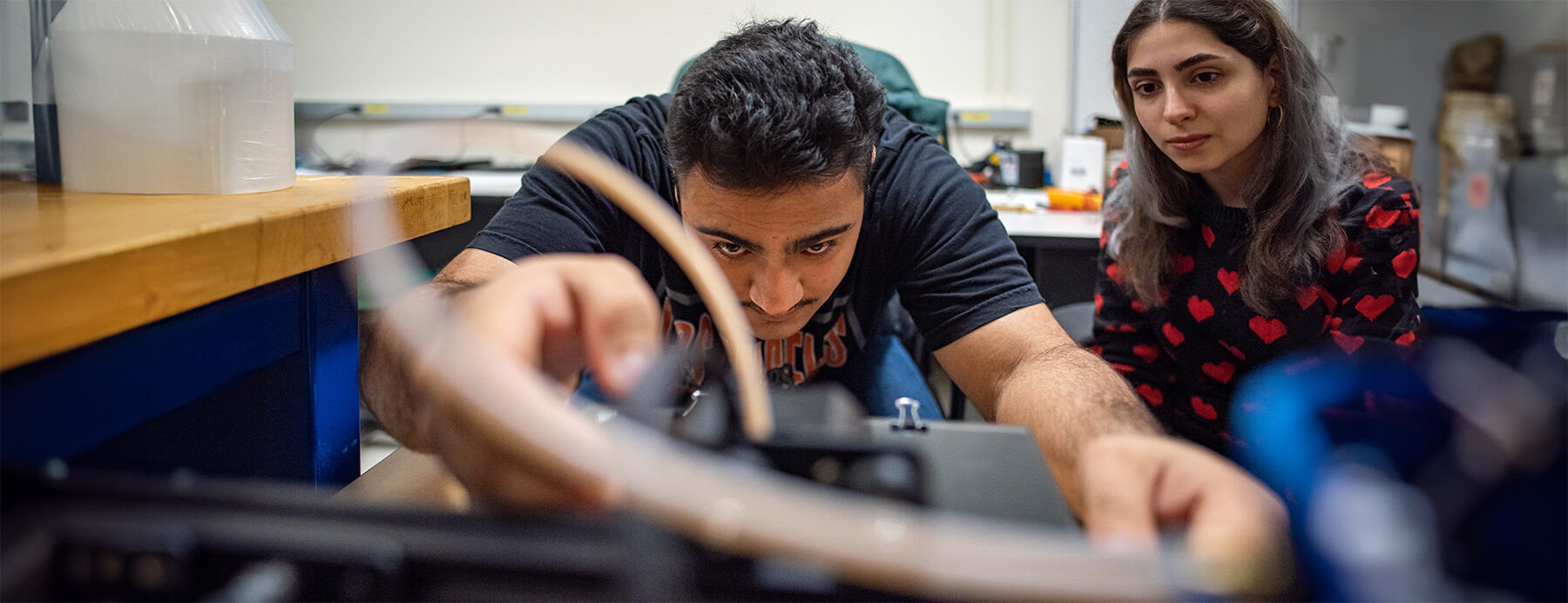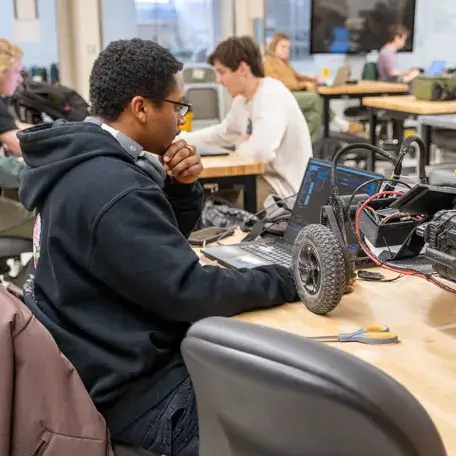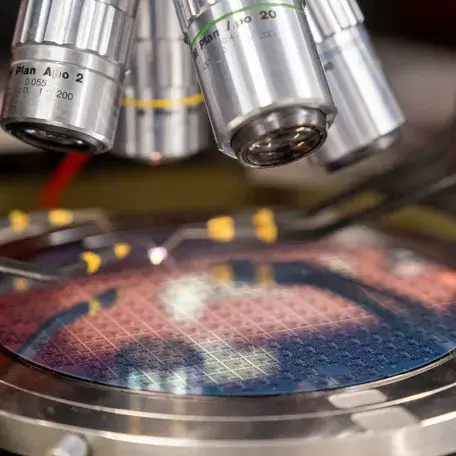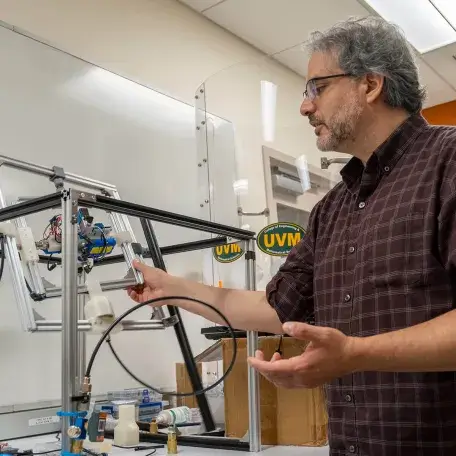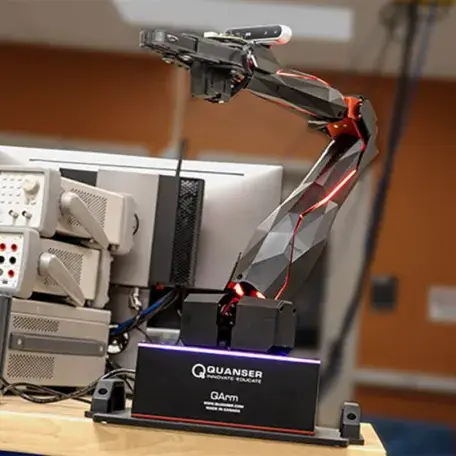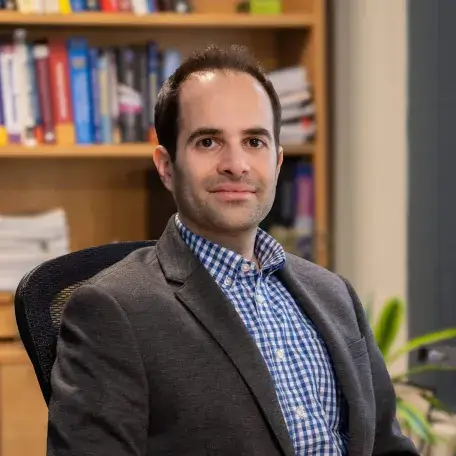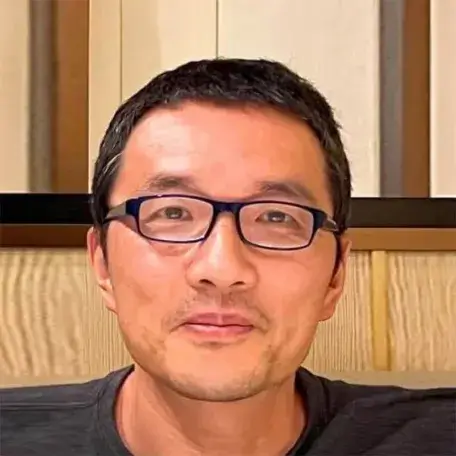Hands-on Experience
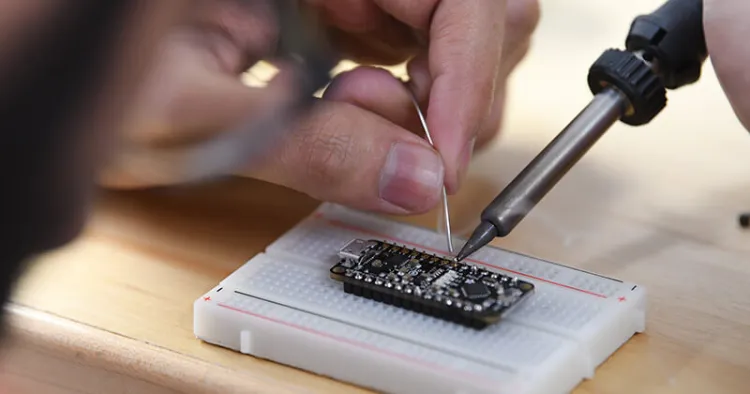
UVM’s Electrical and Computer Engineering (ECE) program offers an ABET-accredited B.S. degree in Electrical Engineering (EE). This degree program emphasizes hands-on experience with a curriculum that requires three semesters of laboratory experience in circuits and electronics.
In addition, you can take courses in microprocessor-based design, signal processing, communication systems, and energy systems that further expand your time in the laboratory. The curriculum also embeds engineering design into each year culminating in a team-based, interdisciplinary senior design project. Through this dynamic approach, you will continuously develop the practical skills and engineering know-how that leading employers and graduate schools are seeking.
“It exceeded my expectations -- I feel like I accidentally fell into the best program I could've imagined. The faculty are all amazing, I have had a wonderful experience with every professor in the department, and they do such a great job of fostering a community and a sense of belonging while still providing a rigorous engineering education.”
— Graduating senior in the Electrical and
Computer Engineering Program
A Flexible Curriculum
The Electrical and Computer Engineering (ECE) program features a broad range of disciplines with graduating Electrical Engineers working on everything from high-power electric grids to low-power circuitry for smart devices and from medical instrumentation to fiber optics communications. As such, our general curriculum has a significant amount of flexibility enabling you to customize your experience to your interests.
As a student-centered program, Electrical and Computer Engineering (ECE) allows students to pursue an EE degree with one or more focus areas. While students receive the same degree regardless of the focus area, they can choose technical electives that support these tracks to gain a depth of knowledge in their area of interest:
Electrical and Computer Engineering (ECE) Degrees
Areas of Focus
Additional Academic Pathways
Objectives and Outcomes
ECE Program Objectives
The educational objectives of UVM’s Electrical and Computer Engineering program are to provide our graduates with disciplinary breadth and depth to fulfill complex professional and societal expectations by:
- Pursuing careers as practicing engineers or using their program knowledge in a wide range of other professional, educational and service activities.
- Assuming leadership roles and seeking continuous professional development.
- Contributing to their profession and society while appreciating the importance of ethical and sustainable practices, diversity, and inclusion.
ECE Student Outcomes
The Student Outcomes of the B.S. in Electrical Engineering degree program directly relate to the ABET (1)-(7) Criterion 3 Student Outcomes and are as follows:
- An ability to identify, formulate, and solve complex engineering problems by applying principles of engineering, science, and mathematics.
- An ability to apply engineering design to produce solutions that meet specified needs with consideration of public health, safety, and welfare, as well as global, cultural, social, environmental, and economic factors.
- An ability to communicate effectively with a range of audiences.
- An ability to recognize ethical and professional responsibilities in engineering situations and make informed judgments, which must consider the impact of engineering solutions in global, economic, environmental, and societal contexts.
- An ability to function effectively on a team whose members together provide leadership, create a collaborative and inclusive environment, establish goals, plan tasks, and meet objectives.
- An ability to develop and conduct appropriate experimentation, analyze and interpret data, and use engineering judgment to draw conclusions.
- An ability to acquire and apply new knowledge as needed, using appropriate learning strategies.
Accreditation and Licensure
ABET Accreditation
All Bachelor of Science degrees in Electrical Engineering (BSEE) are accredited by the Engineering Accreditation Commission (EAC) of ABET, 111 Market Place, Suite 1050, Baltimore, MD 21202-4012.
Professional Licensure
Electrical Engineering, Bachelor's Degree
College of Engineering and Mathematics
Department of Electrical and Biomedical Engineering
Electrical and Computer Engineering Faculty
Associate Professor, Department of Electrical and Biomedical Engineering • Faculty Fellow, Gund Institute for Environment
malmassa@uvm.eduAssistant Professor, Department of Electrical and Biomedical Engineering
jackson.anderson@uvm.eduSenior Lecturer, Department of Electrical and Biomedical Engineering • Director of Semiconductor Curriculum
anthony.barsic@uvm.eduAssistant Professor, Department of Electrical and Biomedical Engineering
schevali@uvm.eduSenior Lecturer, Department of Electrical and Biomedical Engineering
eva.cosoroaba@uvm.eduAssistant Professor, Department of Electrical and Biomedical Engineering
lduffaut@uvm.eduAssociate Professor, Department of Electrical and Biomedical Engineering
hossareh@uvm.eduAssistant Professor, Department of Electrical and Biomedical Engineering • Affiliate, Gund Institute for Environment
amritanshu.pandey@uvm.edu